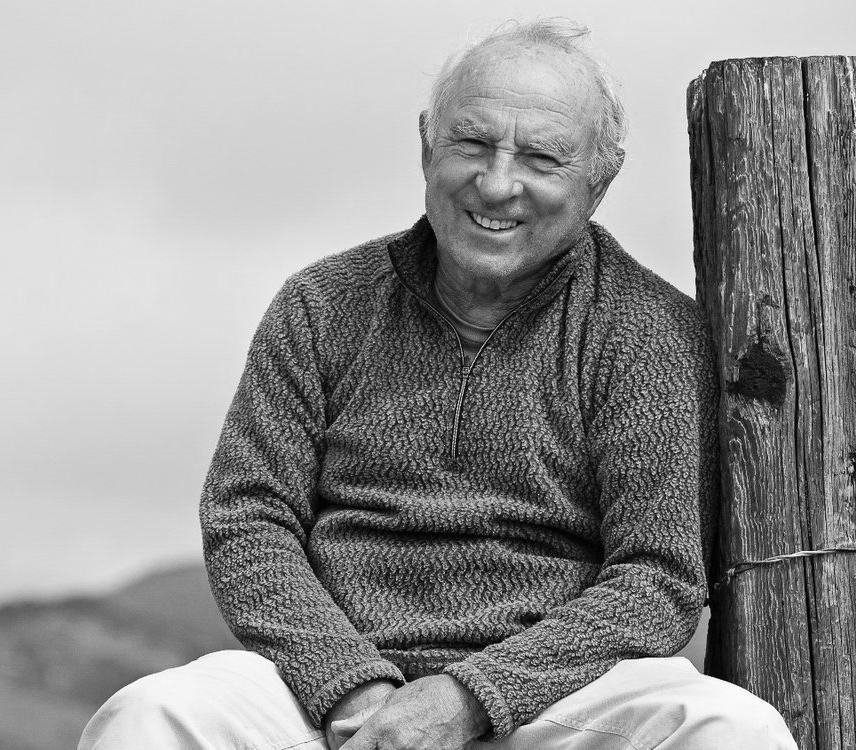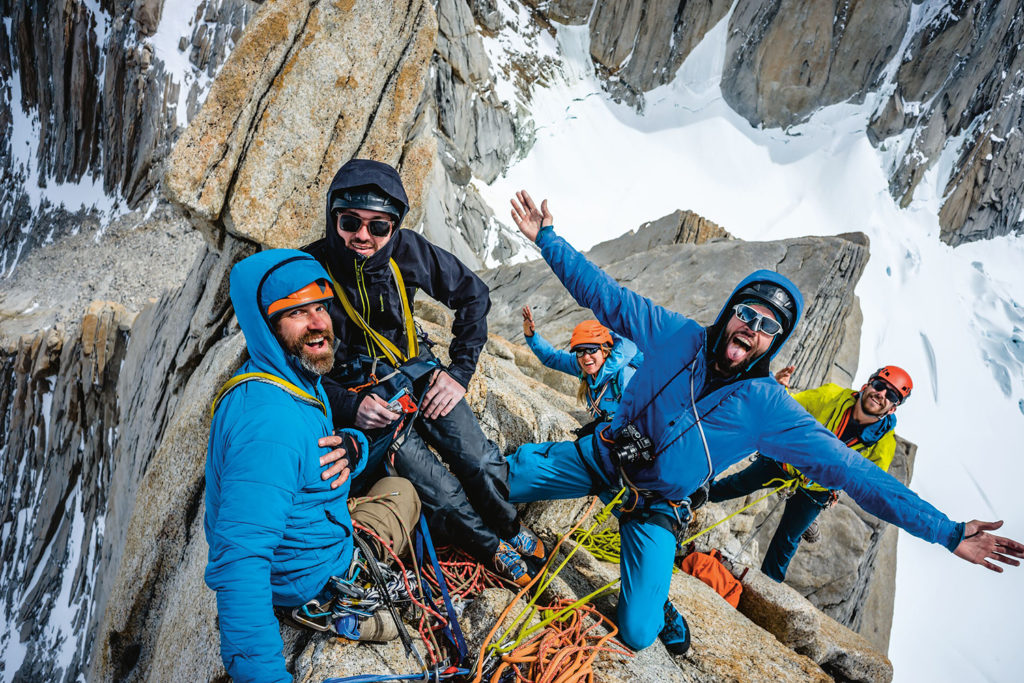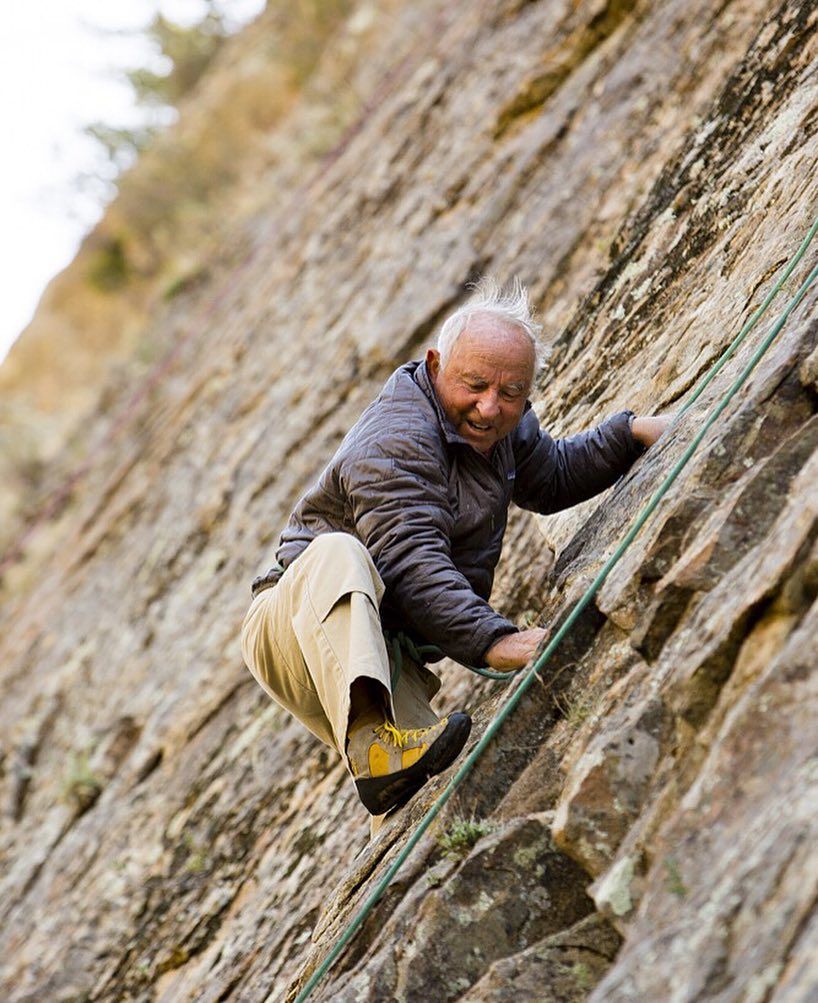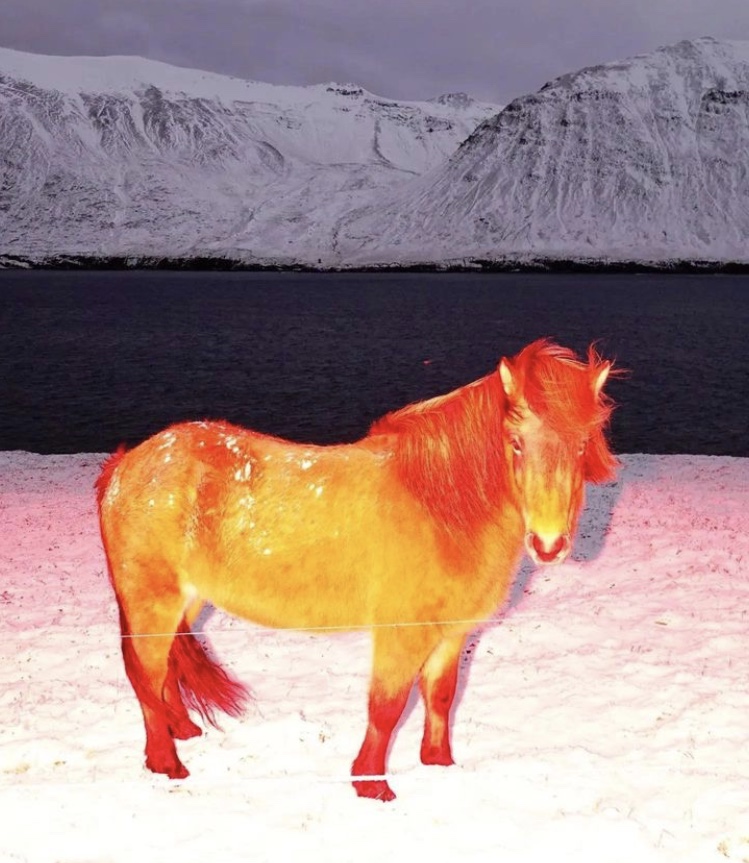
It’s been another week of bad news.
I got to watch the Phillies lose to the Diamond Backs in the last two games of the National League Championship Series and it had me re-living my own years playing baseball and, more soulfully, about what it had been like being picked (often from the bottom of the barrel) for the team I’d be playing on.
But even before these misty memories, I was thinking about the men (in particular) who watch sports on TV but never played the game they’re watching despite their baseball caps and enthusiasm. They always strike me as having “no real skin in the game” while living vicariously through a bunch of thoroughbreds who don’t even spend enough hours in their home town to pay a wage tax.
The “never played part” seems hopelessly arms-length to me, while the players who make up the Phillies (or any professional sports team for that matter) fly in the face of every tribal instinct that adds up to “local” as far as I’m concerned. Most of the showboats out on the field don’t care enough about this place to actually live and raise their kids here. So watching this week re-connected me to the sensation of bat-meeting-ball and “that impossible catch” way-back-when, but also somewhat less so because those protean skills were being demonstrated by the best out-of-towners-that-money-can-buy who were pretending to be my home team.
Back when I could do a credible run around the bases, baseball to me was so local that I could almost hit the roof of my house with a homer if the wind was right.
We had two sports seasons back then—Spring and Fall—which roughly coincided with baseball and football. There were several, multiple-kid families near-by and one of them (across the street) had the right-sized backyard and the properly-motivated oldest brother to organize a game almost every afternoon in those swollen hours when exiting the school bus melted towards dinner time.
With winning in each captain’s mind, the biggest hurdle before starting a game was getting picked for your team.
It was more or less the same random sample of players each day so our pluses and minuses were pretty well known, but my memory is that the draft picks were always reduced to the kids that each captain either wanted or didn’t want (until the last rounds gave them only the bad choices) which was where I regularly fell. That meant you were literally in a meat parade every afternoon if you were brave enough to show up for the selection process, and some of the easily-wounded who also lived near-by skipped it altogether, got an early start on their homework, or sat around feeling sorry about being a klutz, a spaz or a cry-baby.
It felt Darwinian because it was.
As one commentator with similar memories—who may also have been watching the end of the same baseball season on TV— noted:
“you see yourself, maybe for the first time, through the cold eyes of an appraiser. You are no more than a body in the mind of this person, an object with too many deficiencies to catalog: chubby, knock-kneed, weak-armed, timid, poorly coordinated, scared of the ball, slow.”
Because every game promised camaraderie, excitement and a fast clock towards nightfall, I always showed up (despite the pain of it) even though I hadn’t yet discovered that I might be able to do something to improve my “low-value status,” or even become “an athlete” someday.
We’ll return to this commentator (and his suspicions that the trauma of this experience can cause permanent scarring) in a minute, but somewhat like him I devised my own “work-around” to this miserable situation, having neither an older brother nor a father who was around enough to show me what I needed to do.
Because the neighborhood draft-pickers already knew my inabilities too well for me to ever game them, I practiced turning myself into something more desirable at school during recess, where a similar winnowing out process for the games we played took place nearly every day. Kick-ball, dodge-ball, whatever it was, I’d focus (in advance) on how to make some kind of indelible impression every single time I got the chance: kicking the ball harder and farther than the last dope, throwing the ball hard enough to smack some asshole who needed impressing, looking at how the “first picks” moved around the field compared to me, stumbling around and seemingly out-of-place.
I didn’t realize how much I was teaching myself about playing a sport, being on a team, becoming “the kind of man” that other men wanted on their team. Sure, I was trying out conformity instead of forging my own singular path, but it was also about getting better at something, and maybe something as worthwhile as self-mastery.
While I was re-living these early, tooth-and-claw chapters of my team-playing evolution, I remembered a New Yorker essay that’s never left me about a remarkable coach (who also happened to be a world-famous art curator) and how he turned a gaggle of 9-year old boys from Manhattan into the Metrozoid’s football team. Among many other things, he had the boys break “that mystical game” down into its component parts so that they could “get good at” each part before getting good at the whole. A few years ago, I wrote here about Kirk Varnedoe’s game mechanics and general wizardry in Who We Go-ToTo Learn How To Get There.
Similarly, I worked at each part of my baseball game and at the-putting-it altogether-part and never stopped until I slowly started inching up the pecking order– or at least high enough to know that I didn’t have to be a passive victim of a selection process that was going to repeat itself for decades and through entire careers.
Somebody else is always going to pick or reject me. So what am I going to do about it?

Some rejects spend the rest of their lives fleeing those first rejections in a kind of “safe harbor” they’ve built for themselves.
Instead of rising to positions somewhere beyond their capabilities (a phenomenon once called “The Peter Principle”) because higher-ups kept falling for these individuals’ confident self-promotion, there is also (in my observation) a category of under-achievers who only go as far as their easiest successes because the risk of being rejected when putting yourself out there is simply too painful to ever attempt again.
The aforementioned commentator (Rich Cohen writing in the Wall Street Journal), sees this kind of pain as plausibly originating at team selections in the course of childhood games and grade-school gym classes, those earliest and, for some, indelible brushes with “natural selection.” He also explains why this might be so:
“the feeling of randomness, being misunderstood, underestimated and judged for all the wrong reasons. We will never get rid of it because it’s a pure expression of the human condition.”
To be judged unfairly. Or maybe (because you really do suck as a ball-player) to be judged fairly, and then to feel badly about it because in its harsh light, somebody else’s judgment has revealed something about you and how you’re viewed by others.
Of course, it’s what you do (or don’t do) next that matters. While he never says anything as matter-of-fact as “just try to get better at taking the test you just failed,” Cohen does seem to see the benefit in working through your suffering somehow.
“Maybe it’s better to face [a draft, selection process like this one] and learn to overcome it in the same years that you are learning about the Declaration of Independence and human reproduction [that is, while you’re young]. After all, you only learn to disregard the draft—and, better still, turn it to your advantage—once you’ve suffered it.”
But the lack of specificity of his thinking here—for example, he never exactly says how one can turn this situation into an “advantage”—made me wonder whether Cohen really thought his way through the traumatizing quandary and out the other end, particularly when he wonders out loud:
“Were these [meat-market] auctions the source of all my problems, the insecurities and panics, the angers and paranoia, that still haunt me? Were they the cause of the occasional drinking-binge, meditation retreat and need to write?”
Could all of that possibly be happening to this day if he’d truly found a way to leave his particular meat-markets stronger instead of weaker?
I can only speak to my years being assessed in these ways. It seems to me that the only way to gain some measure of damage-control over selection processes like these is to first off, be clear-eyed about your weaknesses, and then to do whatever you can to mitigate their impact in whatever game you want to be playing in. Then, even if you’re the last one picked—or not picked at all—you’ll have the empowering satisfaction of pushing yourself to the point of improvement.

Of course, this is not just a boys-to-men phenomenon. And, to the extent it is still “a man’s world of business” out there (but one with far more women in it), the girls-to-women cohort needs to deal with these selection processes too—just as endlessly and ad nauseam but also the only way you can deal with them effectively. (It’s one reason I’m a proponent of girls playing team sports: so they too can get familiar with and learn how to triumph over these gruesome dynamics.)
Which was why I was taken aback by Cohen’s citing and then providing his own rationale for a growing opposition to the playground/gym-class draft picking process. Apparently for some time now, the practice is being phased out, and at least part of Cohen seems to approve.
“As long ago as 1993, the New York Times headlined a story, ‘New Gym Class: No More Choosing Up Sides.’ Because it traumatizes kids, separates them, leaves a mark on their psyche.”
(At this point I wondered: Is this what happened to those wimpy, TV sports-team fanboys who shied away from team sports themselves because they couldn’t “live with the rejections that came with it”? Are they seeking a jolt of toughness or even of “masculinity” by watching a team of mercenaries pursue what they never had the fortitude and resilience to pursue on a competitive playing field?
These will have to be questions for another day.)
All I can speak to is my experience once again, and how glad I am that no one was protecting me before I got the chance to prove what I needed to prove to myself.
Because one day, long ago, on the Burn’s family’s Spring-Season baseball field, I actually got picked first by one of the opposing captains. Some other player may have been sick or on vacation that day, providing an opening for the top spot (my memory is a tad hazy about that), but about the moment when I was picked there is nothing but clarity.
One of the captains (maybe Walter) must have remembered my recent hitting, catching and sliding into third-base before he had a chance to recall his earlier impressions of me. And because he wanted to be on the winning side when the game was done, he went for the best player that was available in the first round.
I still remember how proud I felt that day.
I had already felt the empowerment of those prior games, when I’d seen myself improving in all those ways.
Now, when somebody else was finally noticing, I got the first-hand opportunity to view them side-by-side and realized (in some ways, once-and-for-all) that getting your own shit together was the better of the two..
This post was adapted from my October 29, 2023 newsletter. Newsletters are delivered to subscribers’ in-boxes every Sunday morning, and sometimes I post the content from one of them here. You can subscribe (and not miss any) by leaving your email address in the column to the right.












